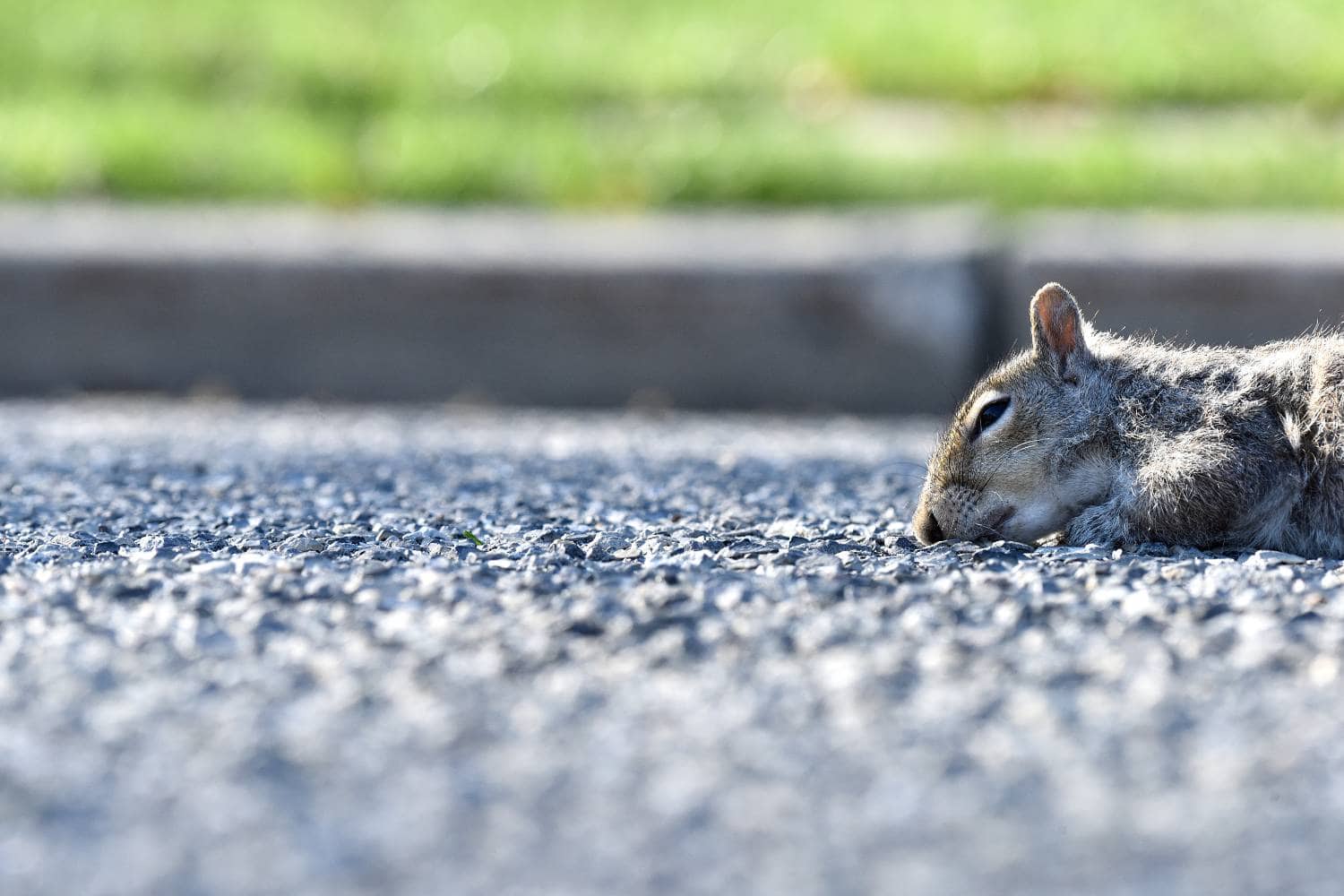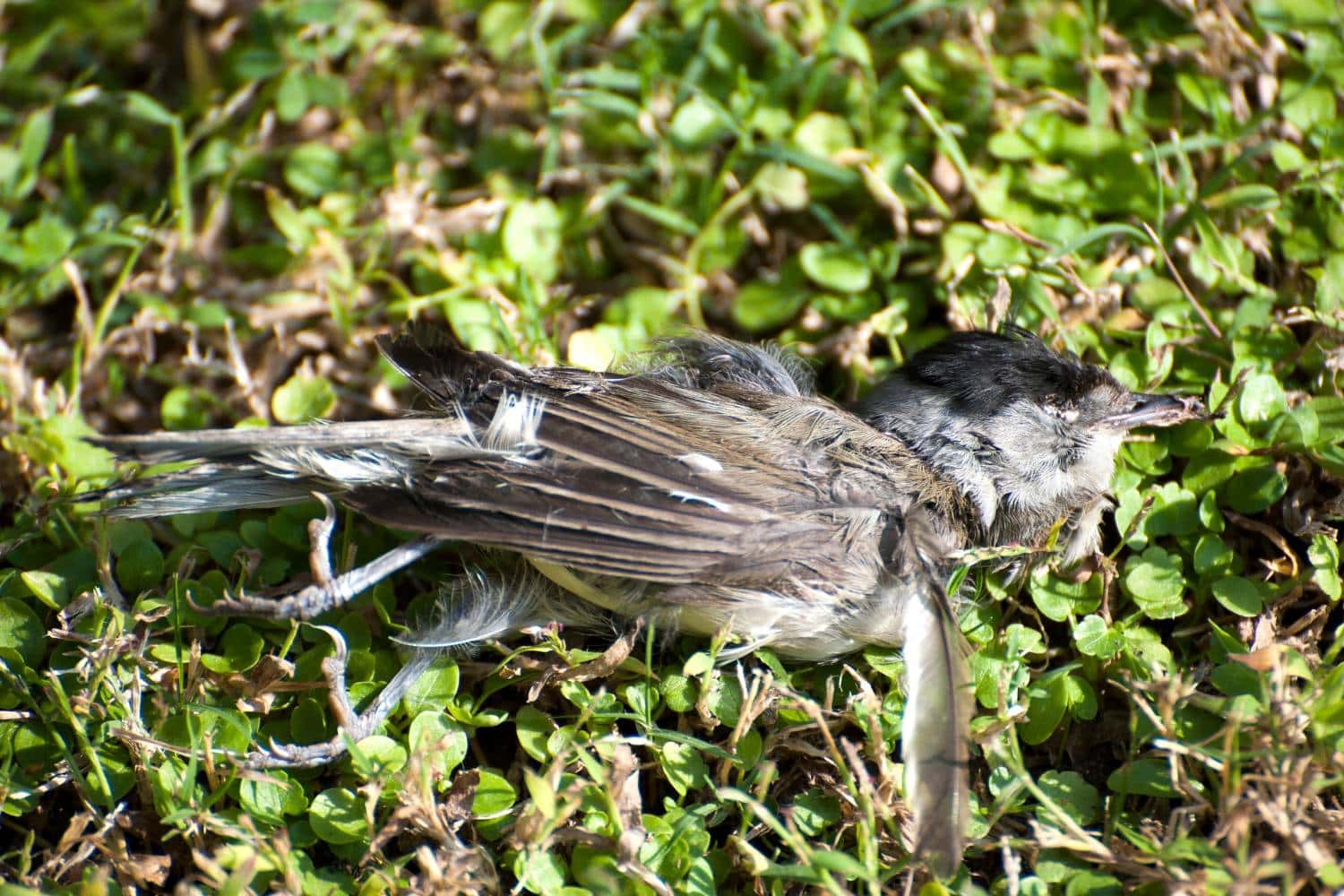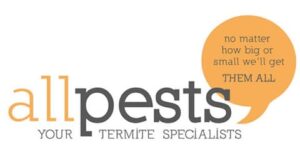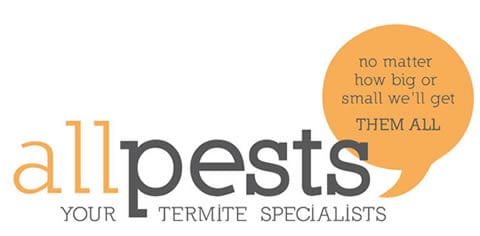Finding a dead animal on your property can be an unsettling experience. Whether it’s a pet, farm animal, or wild creature, handling the situation quickly and safely is essential.
While you may be tempted to deal with the carcass on your own, hiring a professional dead animal removal service is often the best course of action.
Professional removal services have extensive experience and training to ensure the animal is removed promptly and without causing any further mess or health hazards.
Before hiring a dead animal removal service in Australia, there are several factors you should consider to ensure you’re making the best decision for your health, safety, and property. Here’s what you need to know before making the call.
Let’s get straight to the point
If you find a dead animal on your property, it’s best to hire a professional removal service for safe and efficient disposal.
These services handle everything from pets to farm animals and wildlife, minimising health risks such as bacteria, pests, and toxic odours. DIY removal may be cost-effective but comes with health risks and legal concerns.
Professionals ensure proper handling, disinfection, and disposal in line with local laws. When choosing a service, prioritise professionalism, experience, and insurance coverage to ensure a thorough and safe job.

What Kinds of Animals Can Dead Animal Removal Services Handle?
Dead animal removal services in Australia can handle a variety of deceased animals, ranging from household pets, such as cats and dogs, to farm animals like sheep and cattle.
They also handle the remains of wild animals, such as possums, rodents, and birds, which may find their way into your property.
Farm Animals and Large Wildlife
For large animals such as cattle or kangaroos, professionals use specialised vehicles and equipment to safely transport the carcass to an appropriate disposal site.
These services are essential in rural areas where large dead animals may pose a significant hazard to health and safety.
Household Pets
Losing a beloved pet is never easy, and handling their remains can be emotionally challenging.
A professional service can ease the emotional burden by taking care of the disposal in a dignified and respectful manner.
Wild Animals
In suburban areas, it’s not uncommon to find a dead possum, bird, or rodent on your property.
Professional removal ensures these animals are disposed of correctly, reducing the risk of health hazards such as diseases or pests being attracted to the carcass.
Recognising the Signs of a Dead Animal on Your Property
Sometimes, the signs of a dead animal on your property aren’t immediately obvious.
You might not always see the animal, especially if it has died in a hard-to-reach area, like within your walls or under the house. Here are a few signs to look out for:
1. Lingering Bad Odor
One of the most telling signs of a dead animal is a persistent foul odour. Decomposition can produce a strong, unpleasant smell that lingers for days or even weeks.
If you notice a bad smell and cannot identify the source, it’s time to call a professional to investigate.
2. Unexplained Stains
Decomposing animals may cause unexplained stains on walls, ceilings, or floors. This is often due to body fluids leaking from the animal as it breaks down.
These stains can be a health risk, as they may harbour bacteria or other harmful substances.
3. Insect Problems
A surge of flies or other pests around your home can be a red flag. Insects are attracted to decaying flesh, so if you notice an increase in their activity, you may have a dead animal nearby. If cleaning doesn’t solve the problem, it’s likely time to investigate further.
Health Hazards from Dead Animals
The decomposition of an animal can pose serious health risks. Dead animals attract bacteria, vermin, and pests that can spread diseases to humans and pets. Here’s why proper handling of dead animals is crucial:
Odours and Toxic Gases
The smell of a decomposing animal is more than just unpleasant. It can also contain toxic gases that irritate your respiratory system, causing headaches, nausea, and even vomiting.
If left unattended, the smell can permeate your furniture and walls, making it difficult to remove.
Bacterial Infections
Dead animals can carry a range of bacteria, including tularaemia, salmonella, and E. coli. These bacteria can be transmitted to humans through direct contact with the carcass.
That’s why it’s crucial to use proper protective gear, such as gloves and masks if you need to handle a dead animal yourself.
Vermin and Parasites
The carcass of a dead animal can attract other pests like maggots, flies, and rodents, all of which pose their own health risks.
Parasites and vermin may carry diseases that can infect you or your pets, making it critical to remove the animal as soon as possible.
The Importance of Hiring a Professional Dead Animal Removal Service
When dealing with a dead animal, it’s often best to leave it to the professionals. Here are some key reasons to hire an expert:
Health and Safety
Professional removal services have the training and equipment necessary to remove dead animals without exposing themselves or you to health risks.
They know how to handle the carcass and properly disinfect the area to ensure it’s safe for you and your family.
Proper Disposal
Dead animals must be disposed of correctly to prevent contamination of the environment or groundwater.
Professionals are aware of the local regulations and will dispose of the animal in compliance with the law, whether that involves taking it to a licensed landfill or rendering facility.
Emotional Relief
If the dead animal is a beloved pet or if the sight of the carcass is disturbing, it can be emotionally draining to deal with the situation yourself.
Hiring a professional provides peace of mind, knowing that the job will be done correctly and without you needing to handle the unpleasant task.

Do-It-Yourself vs Professional Dead Animal Removal
When you find a dead animal on your property, you may wonder whether you should attempt to remove it yourself or hire a professional. Both options have their pros and cons.
Pros of DIY Dead Animal Removal
- Immediate Action: You can address the issue right away without waiting for a professional to arrive.
- Cost-Effective: Removing the animal yourself can save on the cost of hiring a professional service.
- Learning Experience: You gain hands-on experience in handling such situations, which can be valuable if it happens again.
Cons of DIY Dead Animal Removal
- Health Risks: Without proper protective gear and knowledge, you could expose yourself to bacteria or pests that pose health risks.
- Improper Disposal: You may not be aware of the legal requirements for animal disposal in your area, potentially leading to improper handling.
- Emotional Strain: If the dead animal is a pet or the sight is particularly distressing, dealing with the situation yourself can take a significant emotional toll.
Pros of Hiring a Professional Dead Animal Removal Service
- Health and Safety: Professionals have the necessary training and equipment to ensure the safe removal of the carcass.
- Comprehensive Service: In addition to removing the dead animal, professionals will disinfect and deodorise the area to eliminate any lingering odours or bacteria.
- Less Emotional Stress: Hiring an expert allows you to avoid the unpleasantness of handling the dead animal yourself.
Cons of Hiring a Professional
- Cost: Professional services can be more expensive than handling the removal yourself.
- Wait Time: Depending on availability, you may have to wait for a professional to arrive.
How to Choose the Right Dead Animal Removal Service
When selecting a dead animal removal service, it’s essential to consider several factors to ensure you’re working with a reliable and professional company.
1. Professionalism
Check whether the company’s representatives are professional in their appearance and communication.
Do they use the correct tools and equipment, or does it seem like they’re unprepared? Professionalism is a key indicator of the quality of service you can expect.
2. Experience
Look for companies with at least five years of experience in dead animal removal. This ensures they have the necessary expertise to handle a wide range of situations.
Note that pest control services may not be the same as dead animal removal services, so make sure the company you hire specialises in this area.
3. Insurance
Ensure the company has commercial liability insurance to protect you in case of any accidents or damage during the removal process. This also guarantees that their workers are covered in case of injury while on your property.
Conclusion
Hiring a professional dead animal removal service in Australia is the best way to ensure the safe and timely disposal of dead animals, whether they are household pets, farm animals, or wildlife.
Dead animals can pose serious health hazards if not handled correctly, including the spread of bacteria, parasites, and toxic gases.
By choosing a professional service, you can protect your health, prevent environmental contamination, and avoid the emotional strain of dealing with a deceased animal on your own.
Be sure to choose a company that is professional, experienced, and insured to guarantee the job is done right.
Frequently Asked Questions
Should I Inform The Removal Service Of The Animal’s Location?
Yes, providing accurate information helps them prepare and efficiently locate and remove the carcass, saving time and ensuring a thorough cleanup.
What Should I Expect After The Removal Process?
A professional service will clean and disinfect the area, potentially offer recommendations for preventing future incidents, and ensure no lingering odours.
Is There A Warranty Or Guarantee For Their Services?
Reputable companies may offer warranties or guarantees on their workmanship, ensuring customer satisfaction and addressing any unexpected issues.
Are There Specific Questions I Should Ask Before Hiring A Removal Service?
Inquire about their experience, methods, safety protocols, disposal procedures, and if they have insurance and licenses to operate.
Can Dead Animal Removal Services Help Prevent Future Incidents?
Yes, they often offer advice on sealing entry points and making property modifications to deter animals, minimising the chances of future occurrences.

